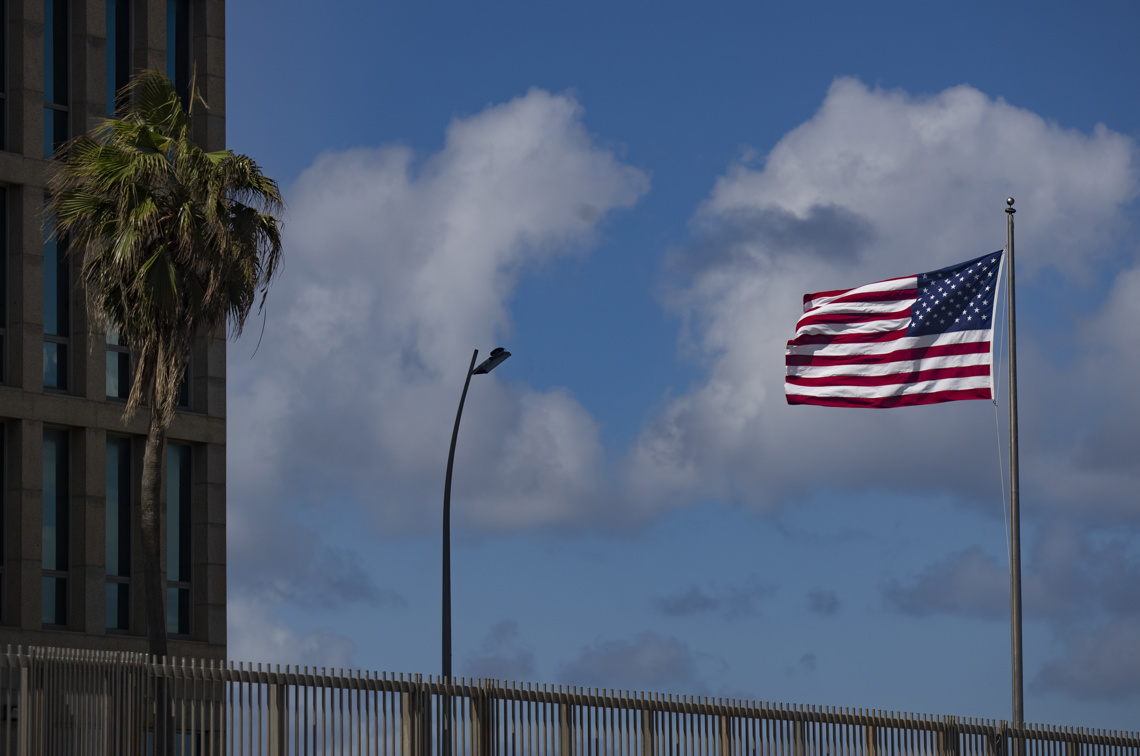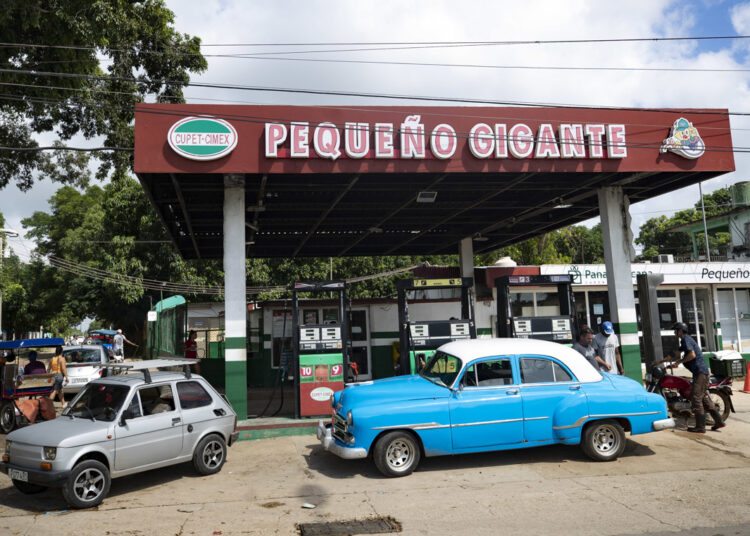The Dictionary of the Spanish Language defines it as follows: an accident of time, place, or way that is linked to the substance of some fact or saying. It also defines it as a quality or requirement and offers a third meaning, “group of what is around someone” — or something, I would add. The same dictionary gives us more than a dozen synonyms: situation, context, juncture, etc.
There is also the famous phrase that states that human beings resemble their circumstances more than their parents.
When explaining strategy in business courses, it is always said that threats and opportunities must be sought in the context, of the circumstances surrounding enterprises and that they constitute externalities, which, almost by definition, are beyond the control of the enterprise, the person, or the country in question.
As externalities, they are very difficult to manage. However, the need/possibility of drawing up strategies that allow these threats to be converted into opportunities and the opportunities into “good business” is always insisted upon. Repeating the refrain is, of course, the easiest thing to do. Turning it into reality is another matter.
In the Cuban case, for historical reasons that I imagine we all know, in a very high percentage associated with the “predilection” of the U.S. governments for Cuba — their real Havana syndrome —, we have developed a special capacity to turn opportunities into threats and, as a consequence, lose good business.
It has also had to do with the circumstances, the environment, the context; although not everything has been and is someone else’s fault.
My friend Goyo, if he could, would tell me that we have a knack for turning strengths into weaknesses. For example, we have as much arable land per capita as countries that are major food exporters. However, agriculture in Cuba is a problem.
The truth is that circumstances draw boundaries, sometimes very well defined and practically inflexible; sometimes diffuse; other times, relatively flexible; but boundaries, after all, with which organizations, countries, people… have to deal constantly.
Dealing with the context, negotiating it, adapting to it without giving up on the purpose is, without a doubt, one of the most difficult exercises that someone can face; but there is no other choice and, as long as we are in this world, we will be negotiating with circumstances, sometimes without knowing it. On many occasions, we will lose in the negotiation, even if we do not realize it.
On the scale of the economy, in the context we must include everything from the international economic and political situation to the institutional framework in which the agents operate; that is, families, enterprises, and the State.
We are about to end a tremendously difficult year, not only because we have not been able, during its course, to change trends that hinder growth and compromise development, but also because of events that occurred this month that have added a burden to the effort to grow and improve — even minimally — the living conditions of the people. This is a more than a laudable goal, but difficult to achieve when we put on one side of the equation the sum of internal failures and “circumstances.”
It seems that the tendency toward a weak — and even negative — GDP growth cannot be reversed; toward continuing to accumulate fiscal imbalances, at a slow rate of decrease in inflationary dynamics; toward the deterioration of the purchasing power of wages; toward the concentration of investment in a sector whose performance does not justify it; toward the decrease in supply and the deterioration of our external sector — foreign trade, foreign investment, debt, current account.
It will be necessary to add the disconnection of the electric power system and its impact on the economy, a fact that is not at all a juncture, which is not limited to three days of productive disruption, and the hurricane that has so severely damaged the province of Guantánamo, one of the poorest territories in the country in terms of per capita income.
The circumstances are then even more important. Knowing or not knowing how to deal with the circumstances aggravates or softens the situation.
And the circumstances have changed and will change. In Latin America, the balance between “leftwing” and “rightwing” governments becomes more diffuse. Who is rightwing? What kind of leftwing is it? Today it seems that the right is much more united than the left. And this circumstance counts and is relevant for Cuba.
The good news comes from the inclusion of the country as a partner in the BRICS.
I confess that I am not well informed about what it means to be a partner in terms of access to projects, programs, financing, etc. What seems undeniable to me is that this new circumstance is an opportunity for Cuba.
A group of countries that are very important to the world economy and politics, committed to creating a multipolar world, with financial institutions and a monetary system that offers an alternative to the dominance of the dollar of the financial institutions that serve global capitalism, is something that covers those other countries that do not reach the importance of the founders.
It is a new circumstance, a qualitative change in the context.
It is up to the partners to know how to take advantage of it. To understand its rules of the game. The BRICS are not the CMEA, in the same way that Russia is not the Soviet Union; but the relationship with Russia is important.
Soon our circumstances will change again and probably not in the best direction: in just a week the elections in the United States will be decided. The very asymmetric relationship between Cuba and its neighbor makes this exercise of U.S. democracy always important for us.

I do not like to say it like this, but I have always thought that we are not important for the U.S. voters, or the candidates. We are a callus on the foot of the U.S. government, but we are not on the agenda of priorities of any of the contenders.
If Trump wins, we know what is coming; if Harris wins, we know little, although continuing Biden’s policy towards Cuba seems to be her path.
However, for Cuba, there is something in common between the BRICS and the U.S. elections. First, they put back on the table the need to be sufficiently agile to adapt to new circumstances. The essential use of our strengths to build a solid economy, which reduces the impact of U.S. policy and, even, can take advantage of some beneficial change with sufficient agility, measuring and at the same time taking risks, so that it is possible to take advantage of the possible spaces that we can find in the BRICS.
For this, the Cuban business system, everything, is fundamental, and having rules of the game that facilitate negotiating the environment and responding quickly to incentives is decisive.










